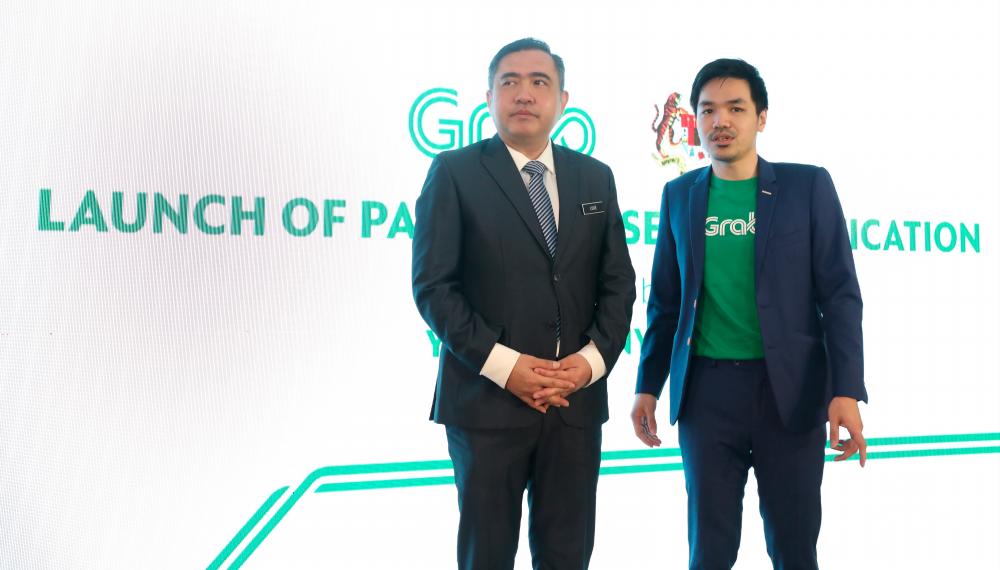PETALING JAYA: Picking up strangers in your car can be a risky affair, but e-hailing drivers can now expect a certain level of safety.
Grab Malaysia, provider of the country’s most extensive e-hailing service, has launched a new app that screens passengers to ensure the safety of their drivers.
Passengers are required to download a facial recognition app on their smartphone when they register to use the e-hailing service. The selfie and personal particulars will be stored in the Grab database. However, inappropriate pictures will be rejected.
“For instance, if the passenger is wearing a mask, his selfie will not be accepted,“ Grab Malaysia country head Sean Goh explained at a press conference today.
When the person calls for e-hailing service, his smartphone number will be matched against the database.
In the event that the passenger is rude or aggressive to the driver, the company can easily identify him through the database. “It is like a safeguard against (potential) crime,“ Goh said.
The app, which is part of Grab’s #SaferEveryday initiative, was officially launched by Transport Minister Anthony Loke here today.
Goh said that Grab hoped to reduce preventable incidents in its fleet to zero with the app.
He assured passengers that the data would not be shared with the drivers. “All selfies taken will only be for one-time verification only,“ he said. “Like all personal data, this will be protected under the Personal Data Protection Act.”
He gave an assurance that the selfie would not be displayed as a profile picture or shared with any external party, including drivers and merchants.
Goh said the verification process would be rolled out to all passengers in phases until the end of the year.
On a separate matter, Loke said 25 e-hailing companies had already submitted applications for public service vehicle (PSV) licences for their drivers.
A PSV licence is a vocational driving permit that allows the holder to drive any type of commercial vehicle that is used for paying passengers such as taxis and buses. The annual fee for a PSV licence is RM115.
To qualify for the PSV licence, a person will have to attend a special six-hour course at a designation driving institution. The fee for the course is RM200.
Loke said the requirement for e-hailing drivers to obtain a PSV licence would benefit both drivers and passengers.
For instance, both would be covered by insurance so that in the event of a road accident they could claim compensation.
Unlike public transport vehicles such as taxis, passengers riding in private cars are currently not covered by insurance.
In response to complaints from e-hailing drivers that the process of obtaining a PSV licence was a “nuisance”, Loke said they should view it as a long-term benefit.
“The e-hailing industry is going to be regulated. This is to ensure that the drivers can now operate in a more secure environment,“ he said.
He also stressed that the government was committed to enabling the disabled to serve as e-hailing drivers.
Currently, a disabled person is not allowed to carry a PSV licence but, Loke said, the Road Transport Department regulations would be amended to enable them to register as PSV licence holders.
“About 400 people have already registered for this, and we hope to get it done by May,“ he added.













